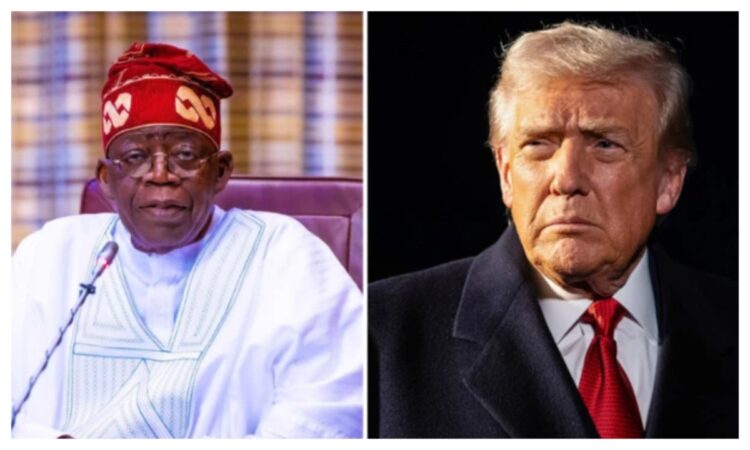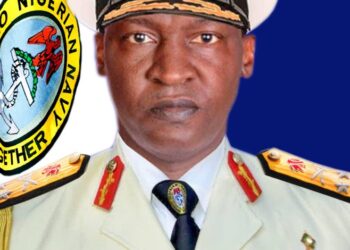The Federal Government has initiated diplomatic engagement with the United States following President Donald Trump’s recent remarks suggesting potential military action against Nigeria.
Minister of Information and National Orientation, Mohammed Idris, confirmed the move during an interview with Sky News, noting that discussions have already begun to ease tensions triggered by Trump’s statements.
“Channels of communication have been opened. We are in talks with them, and I believe they now have a better understanding of the situation,” Idris said.
He explained that the government is using diplomatic channels to address what it considers a misunderstanding of Nigeria’s internal security challenges. According to him, Washington is beginning to grasp the complexity of Nigeria’s counterterrorism efforts.
“We believe some of these impressions stem from a limited understanding of the diversity and depth of our security situation,” the minister added.
Idris stressed that Nigeria has not ceded any territory to Boko Haram and cautioned against viewing the ongoing anti-insurgency operations as a conventional war.
He also alleged that certain U.S.-based lobbyists have been spreading misinformation to American officials by collaborating with members of a proscribed separatist group.
“We have seen direct links between U.S. lobbyists and a banned terrorist organisation in Nigeria. They have been reaching out to influential people in the U.S. to push their agenda,” Idris alleged.
Despite the tensions, the minister affirmed that Nigeria remains committed to its relationship with the United States and urged continued cooperation in tackling terrorism.
“Yes, Nigeria faces security challenges, but in the past, the U.S. has supported us in addressing them. We are asking for renewed partnership to bring lasting peace to our nation,” he said.
Idris dismissed claims of religious persecution in Nigeria, reiterating that the country remains a multi-faith democracy where freedom of worship is constitutionally guaranteed.
“Many of these assumptions are based on questionable data that do not withstand serious scrutiny,” he added.
President Trump, in a November 2 post on Truth Social, had ordered the Pentagon to prepare possible military plans against Nigeria, accusing the government of failing to protect Christians and claiming that Christianity was under “existential threat” in the country.
He warned that if the Nigerian government failed to act, the U.S. would intervene, promising a response that would be “fast, vicious, and sweet.”
Two weeks later, Trump reiterated his position aboard Air Force One, hinting at the possibility of deploying troops or launching air strikes.
His comments have drawn widespread criticism from diplomats and analysts, who described them as inflammatory and potentially damaging to the longstanding U.S.-Nigeria partnership.
Meanwhile, the Nigerian government has opted for dialogue over confrontation, focusing on diplomatic engagement to defuse tensions and clarify its position.












